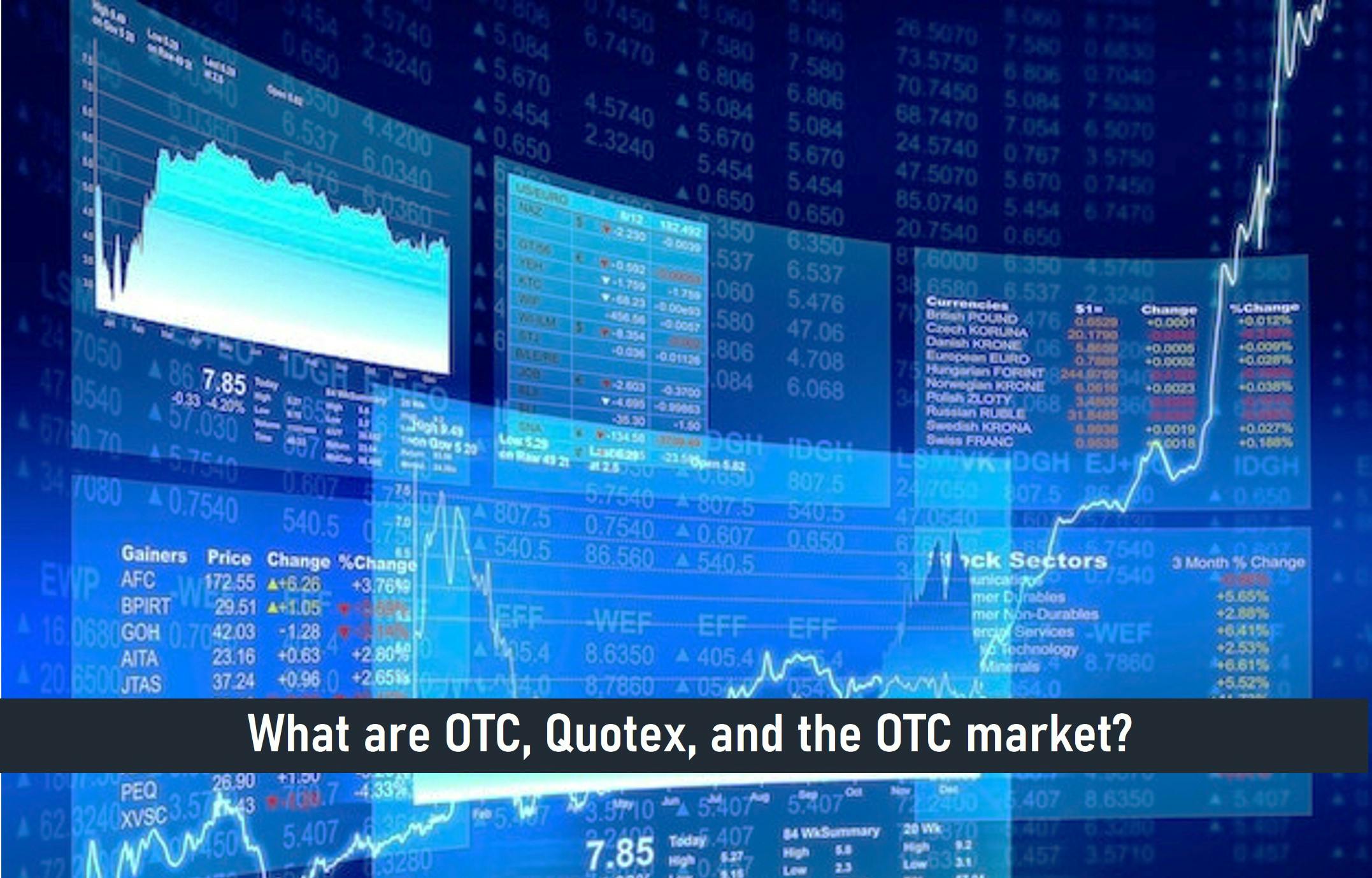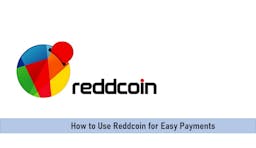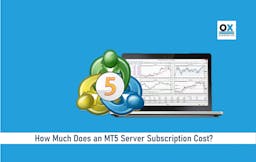
OTC trading, or over-the-counter trading, is a type of trading that takes place outside formal exchanges.
In OTC trading, buyers and sellers deal directly with each other, usually through brokers or dealers. OTC trading is often used for securities not listed on formal exchanges.
Key Takeaways
• There are no central authorities regulating the market.
• The Interbank and Client markets are two types of OTC markets.
• OTC trading is fast, cheap and more transparent for trading priced complex instruments.
• The OTC market can sometimes be highly illiquid because it could be difficult for a buyer to find a seller or vice-versa.
• The risk of trading in the OTC market carries a higher risk than the regular exchange-traded markets.
SEE ALSO: The Best Tradable Currency Pairs In The World
SEE ALSO: Best Times to Trade Gold with Small Capital
One advantage of OTC trading is that it can take place anytime and anywhere.
This flexibility can be helpful for investors who want to trade securities that are not traded on formal exchanges. OTC trading can also be faster and cheaper than exchange-based trading.
However, OTC trading also has some disadvantages. For example, it may be more difficult to find a buyer or seller for a particular security, and prices may be less transparent.

OTC trading is also riskier because there is no central authority regulating the market.
OTC trading and assets on Quotex is an interesting area, and if you are considering investing in OTC securities, it is important that you do your research and understand the risks. You should also work with a broker or dealer who has experience in OTC trading.
What is Quotex?
Quotex is a powerful online tool that allows users to create and manage their quotes, share them with others, and track the performance of their quote portfolios.
Quotex is easy to use and provides users with a variety of features, including the ability to create and manage multiple quote portfolios, view quote data in real time, and access extensive research materials.
Quotex is an ideal platform for both experienced investors and those who are new to the world of online investing.
OTC Markets
There are two types of OTC markets: the interbank market and the client market. In the interbank market, banks trade with each other. In the client market, banks trade with retail investors.
The OTC market is a very important part of the global financial system. It plays a key role in providing liquidity and pricing. Many large and complex financial instruments are traded on the OTC market, such as derivatives and structured products.
The global OTC derivatives market is worth an estimated $700 trillion. This makes it by far the largest financial market in the world.
Most trading in the OTC derivatives market takes place between banks and other financial institutions rather than between retail investors.
There are some disadvantages to trading on the OTC market. One of these is the lack of regulation. This can lead to higher costs, as there is no central authority to set prices or guarantee trading conditions. There is also a greater risk of fraud and manipulation in the OTC market.
Another disadvantage of the OTC market is that it can be highly illiquid. This means that it can be difficult to find a buyer or seller for certain instruments, and prices can be volatile.
Despite its disadvantages, the OTC market is an important part of the global financial system. It provides liquidity and helps to price complex financial instruments.
For retail investors, participation in the OTC market should be carefully considered before making any decisions.
OTC trading is buying and selling
OTC trading is the buying and selling securities or other financial instruments on the over-the-counter (OTC) market rather than on a formal exchange such as the New York Stock Exchange (NYSE).
The OTC market is a network of traders who trade with each other directly rather than through a central exchange.
OTC trading of assets on Quotex takes place 24 hours a day, seven days a week. It allows traders to trade a wide range of assets, including stocks, bonds, commodities, and currencies.
In addition, OTC trading offers greater flexibility than exchange-traded markets, as there are no restrictions on trading hours or the types of assets that can be traded.
However, OTC trading also carries a higher risk than exchange-traded markets, as there is no central authority overseeing the market or providing liquidity. This means that prices can be more volatile, and trading can be less liquid.
Therefore, OTC trading is often considered more suitable for experienced investors who are comfortable with taking greater risks.
If you are considering trading assets on the OTC market, Quotex can provide you with the platform and tools you need to trade successfully.
Our intuitive and user-friendly platform makes it easy to buy and sell a wide range of assets 24 hours a day. In addition, our dedicated customer support team is on hand to help you with any questions you may have.
So why not start your OTC trading journey today? Create an account at Quotex and start trading the assets you want when you want.
How to create an account on Quotex and start trading assets?
To create an account on Quotex and start trading assets, you need to:
- Go to the Quotex website and click the “Create Account” button.
- Enter your details and create a password.
- Verify your email address by clicking on the link in the verification message we send you.
- Deposit funds into your account using one of the supported payment methods.
- Start trading with assets.
Read More




